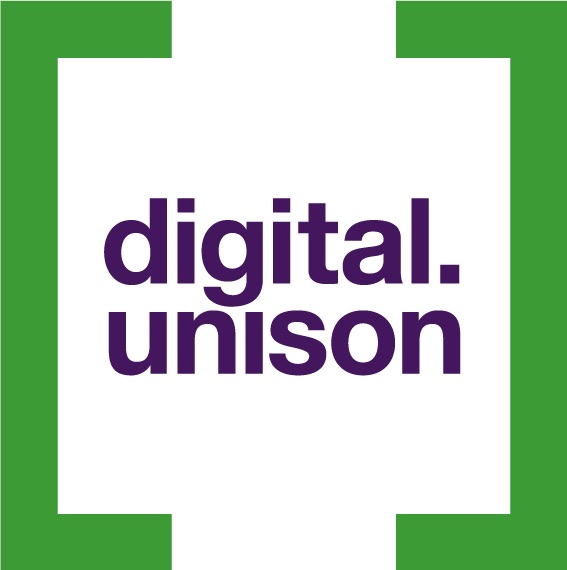Last January I joined UNISON, the UK’s biggest social movement with 1.3 million members, as Digital Engagement Lead in their London offices. I remember being surprised how lucky I felt to be helping this talented team to remain relevant to all their members. Together, we’ve worked on multichannel member engagement programmes – including recruitment, welcome journeys, member retention, and other stuff.
This week I’ll be heading off to new adventures, but before I go, I’ve been asked to share what I think matters for UNISON’s digital future. Here it goes.
1. Please don’t talk to yourself

Listen carefully; you get paid to care about this stuff, but your members don’t. They’re busy trying to navigate this socially noisy world so they need your help to cut through it all and find the meaningful stuff.
Before you send anything out, we need to know who our members are and what makes them tick, and what they want from us. Why? Because they help to humanise our audiences and to gain a better understanding of their behaviours, patterns, needs and preferences.
Remember this, the user experience really matters. If you are to maximise change then you have to identify what members want to do, prompt the opportunity to do it and finally make it easy for them to complete.
I’ve always found these three steps helpful when designing engagement projects:
- Triggers. Introduce your members to the crisis or opportunity.
- Ability. Make the online opportunity the path of least resistance for engagement.
- Motivate. Make the online experience the most attractive method for continued use.
2. Go on… take a risk.

Understand the opportunity. When I joined the team the Trade Union Bill – and the threat of the end of check-off – was a major challenge that we had to tackle face on. We knew that if we were to come out from this ok, we had to be able to contact our members cheaply and quickly, yet we had gaps in our membership data. So, we had a think and decided a prize draw was needed to encourage members to update their details.
With digital being the cheapest and quickest route – did you know it costs £116,000 to post a letter to all members but only £1,800 to send them all an email? We knew the prize draw needed to focus on just two key pieces of information: personal email address and mobile number.
Here’s what the prize draw achieved in numbers:
☞ 136,000 members entered into the prize draw
☞ 93,500 video views of the prize draw animation – a first for us
☞ 38,000 new or updated mobile numbers
☞ 25,000 new or updated email addresses
☞ Less than 1% entered using paper forms.
You can read more about what we achieved here.
3. Include others
Talk to your team. Get off Slack. Turn off your emails and go and say “hi” to your team. Invite them for lunch and go and see the sun together. You’re going to spend most of your waking adult life at work. That sucks. Grab a book, take a 5 minute walk, catch up with friends – whatever you do, leave the office and give your Mac/PC a break. Open your eyes to the world around you.
Oh… did I mention that buying cake is also a must? 🙂
Final thoughts:
My time here at UNISON has been an unexpected joy. Every hour of every day the team works hard to champion the public services. However, like almost all other organisations, in the busyness of the day to day we can risk forgetting to give our members a worthy goal – one that will have impact and an action-oriented message that will resonate. Yet, we must never forget that our members are always asking us, “What do you want from me?” and “How can I make a difference today?”.
As Arthur C Clarke brilliantly put it, “Better is often the enemy of Good — and Best can be enemy of both, as it always comes too late.”



